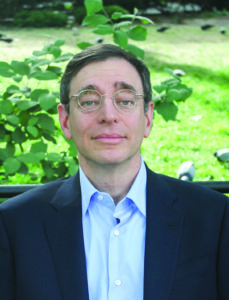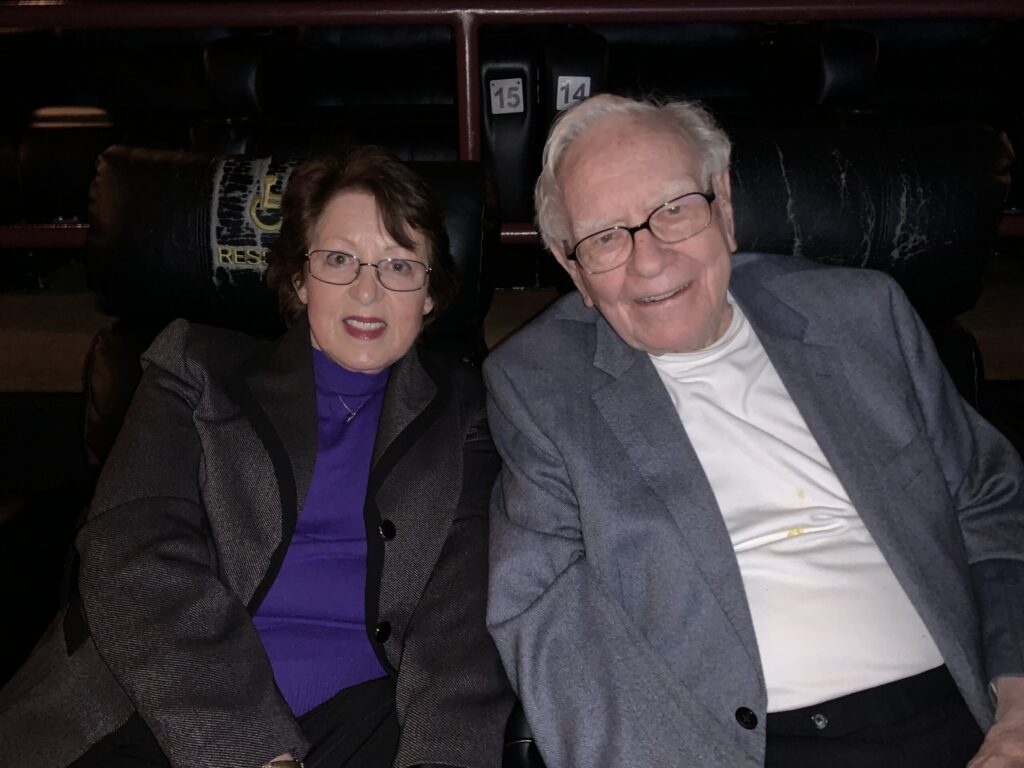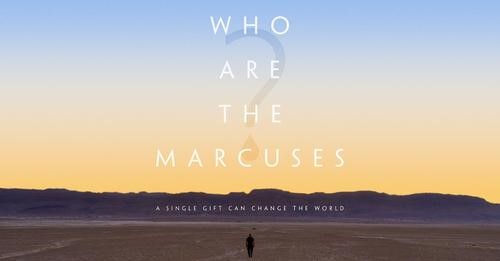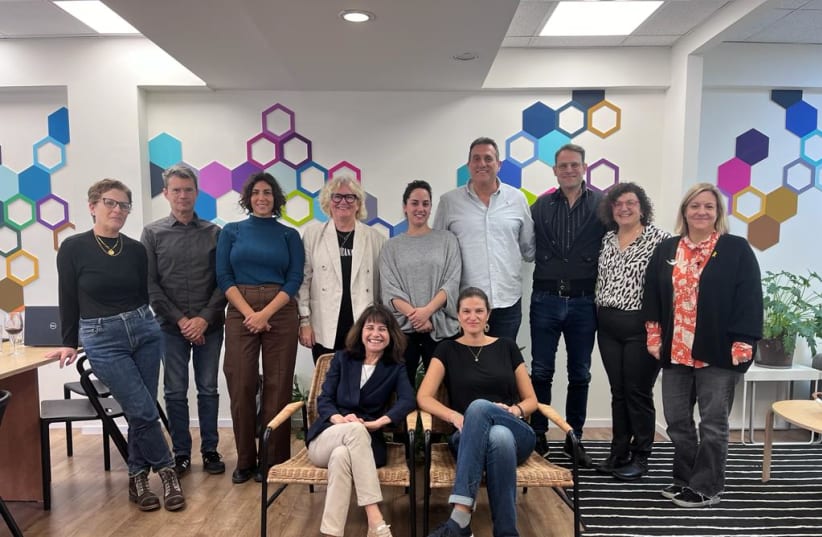
Gift Idea: Let There Be Water
December 2, 2015

Book Review by Lloyd Goldman, Americans for Ben-Gurion University President
Let There Be Water will change the way you think about Israel. Order your copy of this bestseller and a holiday gift copy here.
Despite its unforgiving terrain, rapid population growth and low annual rainfall, Israel is not only fending off a water crisis; it boasts a water surplus. It is also the only country in the world in which the desert is receding. Want to know how and why? Then you must read Seth M. Siegel’s Let There Be Water: Israel’s Solution for a Water-Starved World, surely one of the most interesting books available on the story of Israel.
Seth M. Siegel is a writer, entrepreneur and activist. He has written for The New York Times, The Wall Street Journal and the Los Angeles Times, and has appeared on NBC’s Today Show, CNN, MSNBC, Fox News, and CNBC. He is a member of the Council on Foreign Relations.
His new book tells the story of Israel in a way that it has never been told before. We all know Israel through its wars, political struggles and international isolation. What we don’t know is the way in which Israel was shaped by its quest for water independence and the effect that had on Israel’s role in the world.
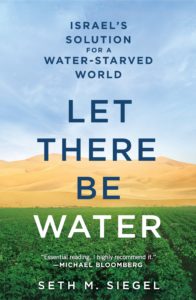 In Let There Be Water, Siegel reveals the secret to Israel’s bold approach to water security, and how the rest of the world can adopt these measures to get ahead of the looming global water crisis. His book examines in well-written prose how Israel, a tiny nation with almost no natural resources, has turned human ingenuity and creativity into an abundant natural resource.
In Let There Be Water, Siegel reveals the secret to Israel’s bold approach to water security, and how the rest of the world can adopt these measures to get ahead of the looming global water crisis. His book examines in well-written prose how Israel, a tiny nation with almost no natural resources, has turned human ingenuity and creativity into an abundant natural resource.
Knowing Ben-Gurion University’s Zuckerberg Institute for Water Research, this book is a testament to the good work of several of BGU’s past, present and no doubt future scientists, who have created solutions to problems previously thought to have been unsolvable.
Built on hundreds of interviews and rigorous research, Let There Be Water is an inspiring, novel-like read that tells the story of how Israel’s water mastery came to be. “As a young nation, we had to create new industries, and as an isolated nation, we had no choice but to think creatively or we would not have survived,” explains Ilan Cohen, a government official who was instrumental in Israel’s water efforts and is one of those interviewed.
The book describes this creativity and innovation in riveting detail that begins with the socialist foundation on which Israel was created. This came as a surprise: Israel, a modern Western-style society that has embraced capitalism, regards water as a state-owned resource, removed from the world of political manipulation by lobbies and private interests. But the smart and innovative leaders of what became the Israel Water Authority also embraced Israeli entrepreneurship and ingenuity to build a water industry and foster relevant privatization.
Siegel tells the story of how, from the beginning, water was a national — not private — resource. Understanding the necessity to de-politicize water and water policy, an autonomous Water Authority was established that would be beholden to no politician or political office. A national water policy and education campaign was created, and each citizen was charged the actual cost of water production and management. Every drop of water, from what falls from the sky to what is found underground, is owned by no one and managed for everyone.
Yet, Israel incentivized inventors, scientists and scholars with grants to develop technologies and with assurances that the technology would be theirs to own and market. Today, Israel has had a part in nearly every important technology touching the world of water, including drip irrigation, desalination, dual flush toilets (invented by a professor from Ben-Gurion University), and more.
And, while I knew that Israel was extremely efficient with water resource management, some of the statistics woven into Let There Be Water left me agape: The dual flush toilet alone saves about 13.5 billion gallons of water per year. Monitoring for and immediately fixing water-pipe leaks saves 40 to 70 percent of water; 500 million gallons of water are desalinated every day; and more than 85 percent of Israel’s wastewater is recycled and reused for agriculture.
But don’t think that Let There Be Water is an almanac of statistics or an engineering guidebook. All of these facts are embedded in a fascinating story that helps to move the fast-paced narrative.
No one worries about the level of water in the Kinneret (Sea of Galilee) anymore. Drip irrigation; pumping the brackish water from the aquifers that lie beneath the desert sands that can be desalinated for drinking and agriculture, or used as is to raise fish and certain crops in the desert; and developing seeds that are water-efficient and/or thrive on salty water have resulted in desert agricultural techniques and water technologies that transformed a nation.
Israel has found the answers to help the rest of the planet with its growing water crises. This tiny country is working with China, India and across Africa, fixing and developing water systems. Israel exports water to the West Bank and Gaza, and to Jordan. Our very own experts from the Zuckerberg Institute are working with officials in drought-stricken California. The global water challenges may pave the way to providing Israel the respect it has long deserved among its neighbors and around the world.
A portion of the royalties from the sale of Let There Be Water will be donated to Americans for Ben-Gurion University.
Seth M. Siegel will be a special guest speaker at the Kosher Extravaganza in Houston on February 22, 2016.

